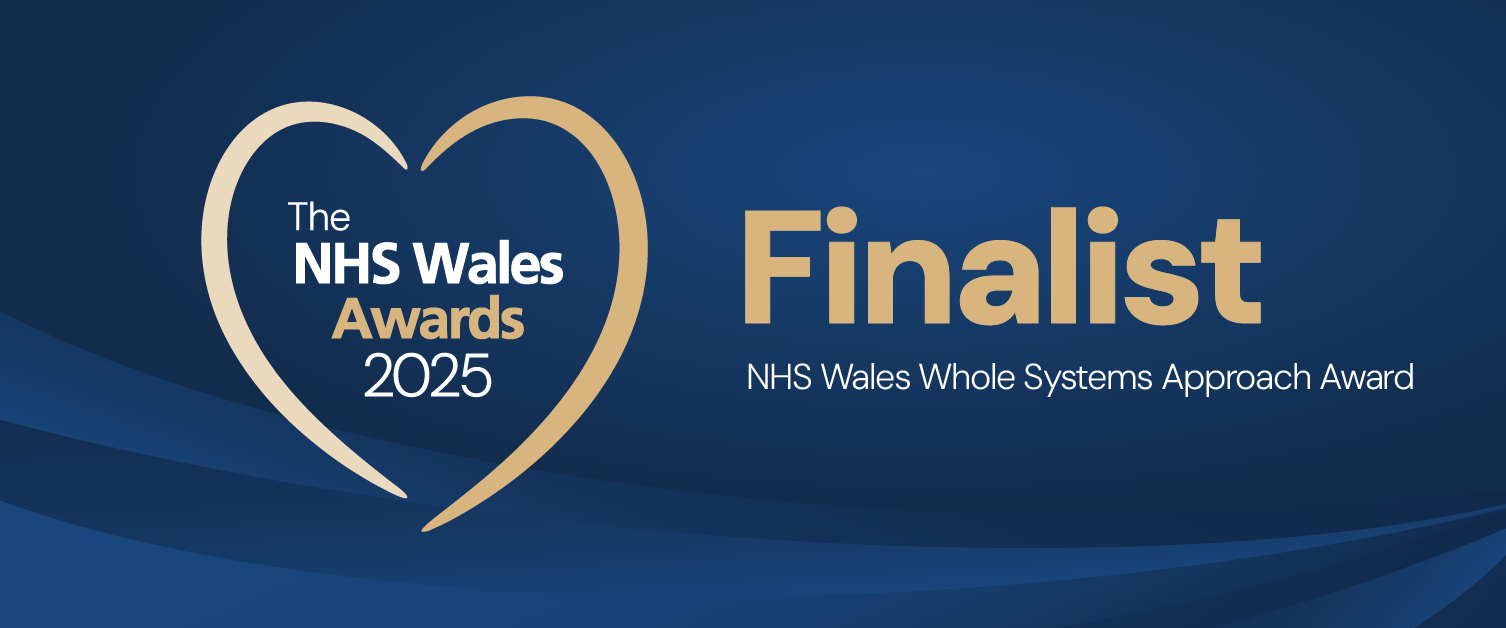Reimagining Chronic Wound Care through System-Wide Partnership: The ANCLE Café Collaborative Model

Cardiff and Vale University Health Board
Introduction:
Chronic wound care for people with complex venous leg ulcers (CVLUs) in the community was fragmented, inefficient, and reactive. District nurses were overstretched, while allied health services and mental health support were disconnected. Patients felt dehumanised and isolated. A more sustainable, coordinated, and person-centred approach was urgently needed.
Methods:
The ANCLE Café model was developed through a system-wide partnership between Cardiff and Vale UHB, Cardiff Metropolitan University, Healthy.io™, voluntary organisations, and people with lived experience. The café, based at the university, provides a central hub for multidisciplinary care, digital imaging, workforce development, and community support. Three Plan-Do-Study-Act (PDSA) cycles tested clinic centralisation, digital wound imaging, and joint MDT clinics with embedded student placements. Shared referral pathways, aligned documentation, and real-time collaboration were core components.
Outcomes:
- Domiciliary nurse visits reduced by up to 70%
- Improved wound healing and faster escalation of care
- Patients received input from up to five professionals in a single session
- Carer wellbeing improved, with fewer urgent contacts
- Enhanced continuity through shared digital records (Healthy.io™)
- Strong interest in replicating the model; ANCLE Central Vale is now in development
Learnings:
System change is most effective when underpinned by shared ownership and a reimagining of how and where care is delivered. Co-located, interdisciplinary working broke down silos and improved staff morale, student learning, and patient experience. Embedding education, community, and digital partnerships led to more sustainable and relational models of care.
What Next?
Plans include expanding the ANCLE Café model regionally, publishing a redesign toolkit with HEIW, and engaging national leaders to explore its application for other long-term conditions. Continued evaluation will focus on system learning and the impact of cross-sector working on outcomes.



